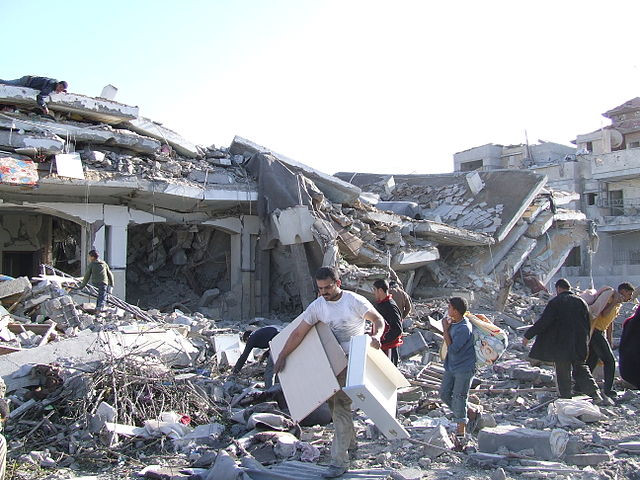Qatar has announced a suspension of its mediation efforts in ceasefire talks between Israel and Hamas, citing a lack of genuine willingness by both parties to reach an agreement. The decision, detailed by Qatari Foreign Ministry spokesperson Majed Al-Ansari on Saturday, reflects mounting frustration over stalled negotiations.
"The State of Qatar notified the parties 10 days ago during the last attempts to reach an agreement, that it would stall its efforts to mediate between Hamas and Israel if an agreement was not reached in that round," Al-Ansari said.
The move coincides with Qatar's decision to close Hamas' political office in Doha, a significant step given Qatar's role as a mediator. A diplomat familiar with the situation told CNN that the closure was decided approximately a week ago due to the parties' lack of serious engagement. "The office won't be operational, so [Hamas] may leave. The office could open again if talks restart," the diplomat explained, emphasizing that the decision was independent of U.S. pressure, contrary to some reports.
U.S. and Qatari sources revealed that the United States had previously requested Qatar to expel Hamas following the group's repeated refusal to release hostages, including during recent meetings in Cairo. A senior U.S. official stated, "After rejecting repeated proposals to release hostages, its leaders should no longer be welcome in the capitals of any American partner." The official acknowledged Qatar's critical role in prior negotiations, including the release of nearly 200 hostages last year.
The closure of the Hamas office has drawn mixed reactions. A Hamas representative dismissed reports of the group's expulsion as "baseless" and a "pressure tactic," while reiterating their demands for an end to hostilities and a full withdrawal of Israeli forces from Gaza. Israel continues to demand the release of hostages taken during Hamas' October 7, 2023, incursion, during which militants killed around 1,200 people and abducted 250.
The ongoing conflict has wrought widespread devastation. On Saturday, Israeli airstrikes targeted militant sites in Beirut's southern suburbs, killing at least seven people, according to local reports. In Gaza, Israeli strikes reportedly killed at least 16 people, including two journalists, a pregnant woman, and a child. Strikes hit a school-turned-shelter and hospital compounds, according to Palestinian health officials. The Israeli military stated that it targeted militants but has provided limited evidence to support these claims.
Humanitarian conditions in Gaza are deteriorating rapidly. According to U.N. estimates, 90% of Gaza's population has been displaced, with emergency services in northern Gaza largely nonfunctional. The Integrated Food Security Phase Classification warned of potential famine in parts of northern Gaza, a report that Israeli officials dismissed as biased.
The situation is further complicated by a looming U.S. deadline for Israel to enhance aid deliveries to Gaza or face potential restrictions on U.S. weapons funding. Israel recently permitted a convoy of aid trucks to enter northern Gaza for the first time in weeks, though some deliveries were reportedly intercepted by Israeli forces. "The aid announcement came days before a U.S. deadline demanding that Israel improve aid deliveries across Gaza," a U.S. official noted.
Qatar's suspension of mediation efforts marks a pivotal moment in the conflict's diplomacy. "Qatar will resume those efforts with its partners when the parties show their willingness and seriousness to end the brutal war and the ongoing suffering of civilians," Al-Ansari said. For now, the stalemate leaves little room for optimism, with both sides deeply entrenched in their positions.




